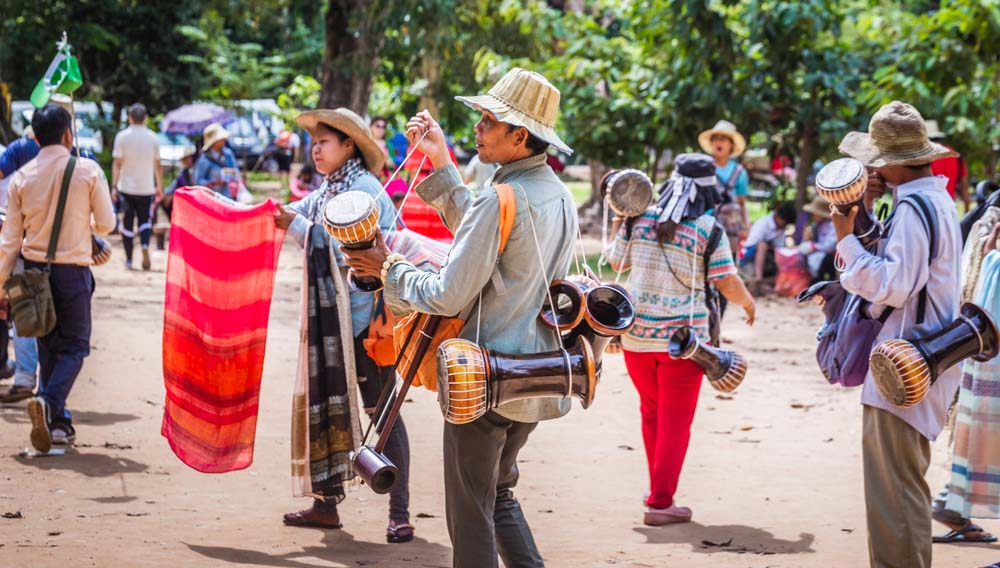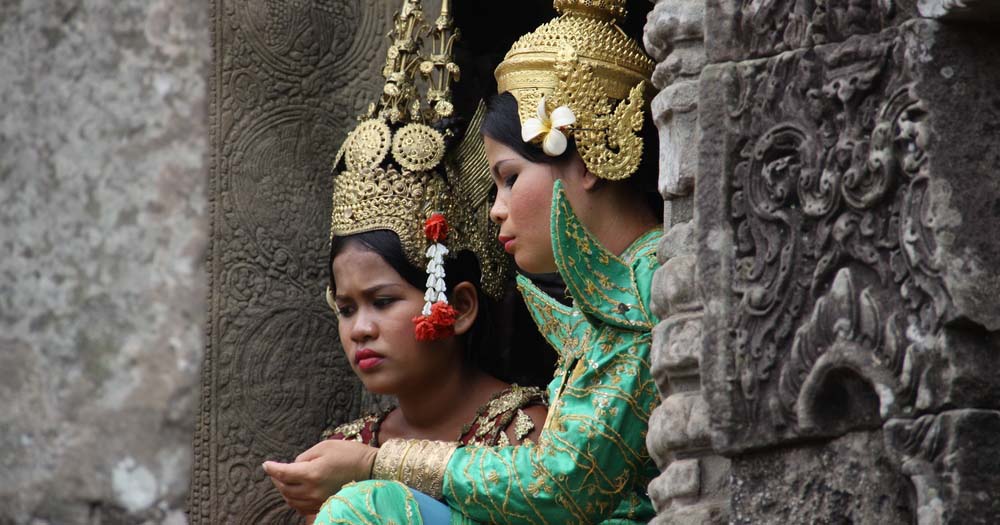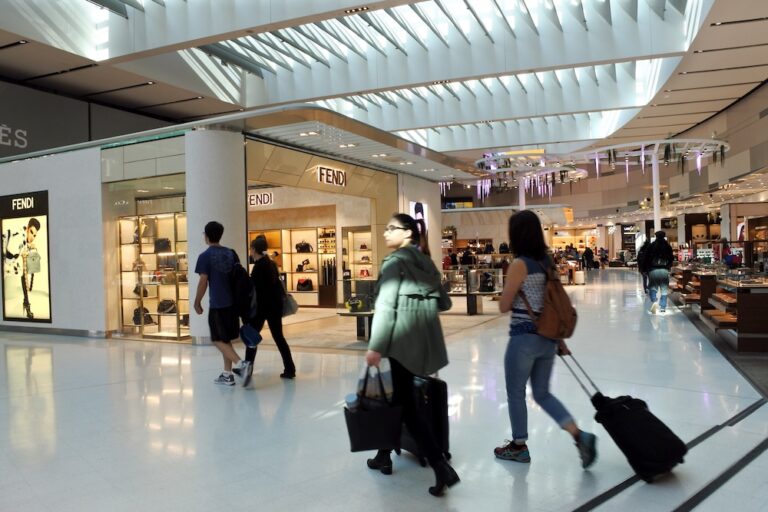In a controversial move, Cambodian authorities have relocated thousands of people from settlements near Angkor Wat in a bid to both preserve the ancient temple complex and beautify the area to boost tourism.
The Cambodian government has cleared 10,000 families living within World Heritage-listed Angkor Wat, which UNESCO describes as “one of the most important archaeological sites in South-East Asia”.
Al Jazeera reported that authorities said they are acting to protect the ruins by moving squatters whose informal settlements are damaging the local environment by producing rubbish and overusing water resources.
Residents will be relocated to Run Ta Ek, a new community on former rice paddies that is currently still a construction site.
Families are given a 20mx30m plot of land, USD$350 cash, 30 pieces of tin roofing material and access to a welfare card but will have to build their own houses.
The government recognised that some villages near the temples date back centuries and said only recent unauthorised settlements have been targeted.
The importance of Angkor in Cambodia

Angkor, a former Khmer capital from the 9th to 15th centuries, brings a welcome influx of tourism and cash to the country and attracted two million tourists annually pre-pandemic.
As well as being pivotal to Cambodia’s tourism industry, Angkor Wat is so central to the country’s identity that an image of its towers dominates the national flag.
Its population increased from 20,000 people in the 1990s to around 120,000 by 2013 with locals selling food and souvenirs around the complex. The relocation cuts these residents out of the tourism economy that has sprung up around Angkor Wat.
UNESCO said that while it had raised concerns about urban development risks in 2008, it had “never called for population displacements”.
The agency’s guidelines said relocations should occur with the consent of the population concerned and that local communities should be the primary beneficiaries of tourism from heritage sites.
Read about an Australian travel advisor’s recent Angkor Wat experience here.
Via Al Jazeera





